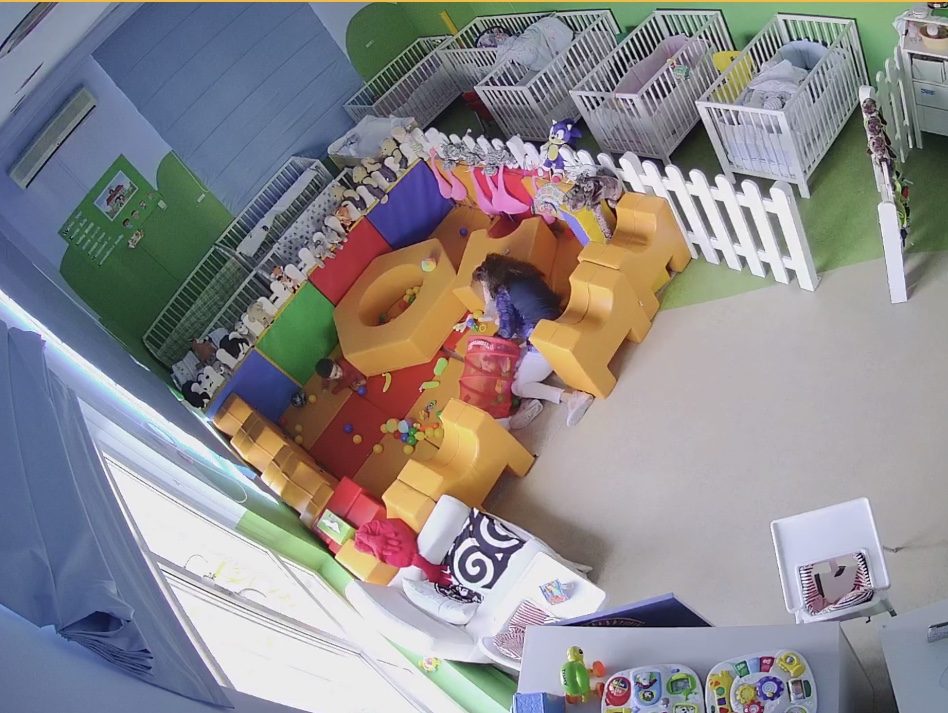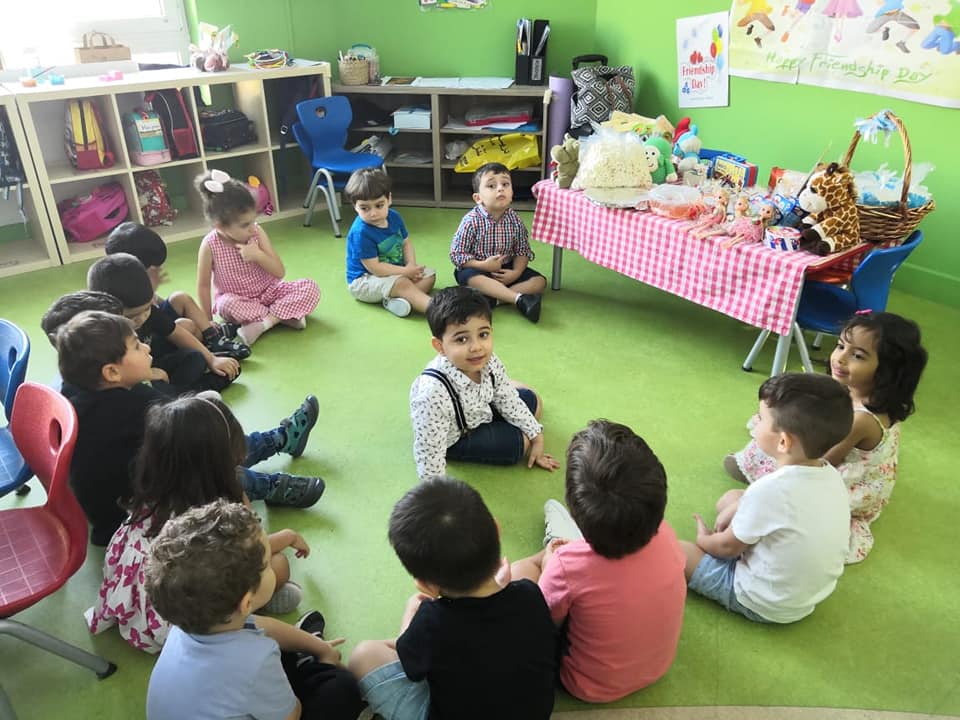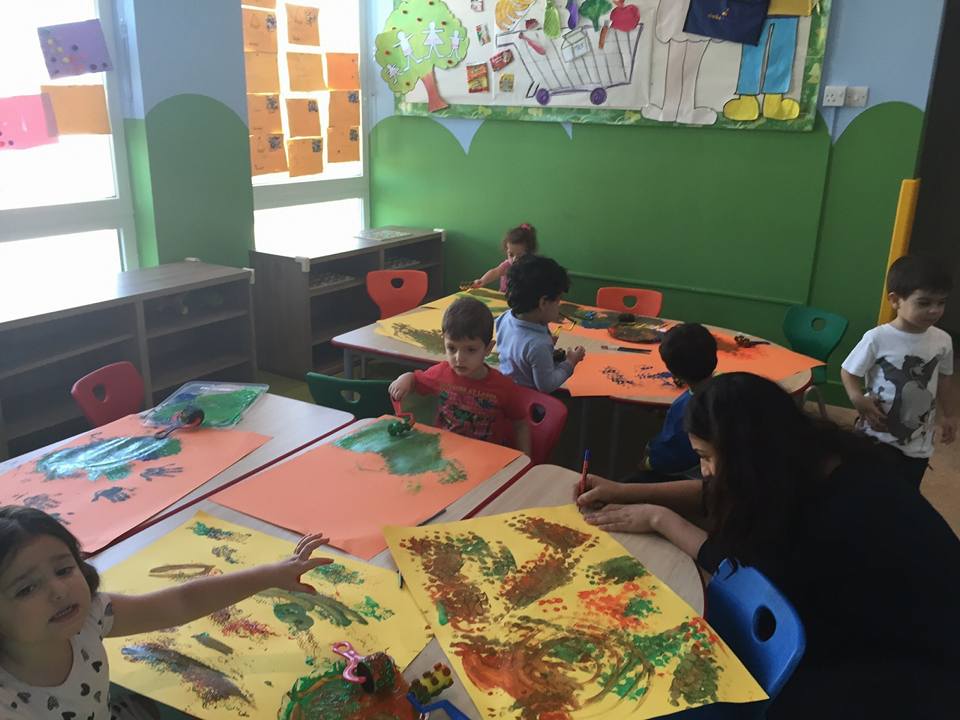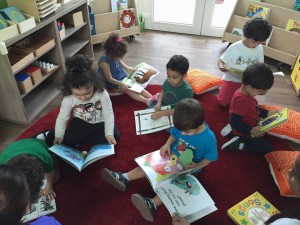-
Our Children
Simba Nursery is committed to help the children instill a sense of cultural appreciation and awareness.
We celebrate our multinational student body with lessons and activities tailored to exploring the globe! Some of the most important lessons learned are not academic in nature; rather, the lessons will help the children cultivate a real-world view.
Our children are encouraged to value their own cultures and appreciate and respect the cultures of others. Our children are empowered to be critical-thinkers and independent-learners. Most importantly, we nurture children to respect themselves, others, and the environment we live in.
-
Our Programs
At Simba Nursery, we offer various programs starting from the age of 2-months up until the age of 4.
Our classrooms are:
-
Baby Bears (45 days – 1 year)
Our Baby Sensory programme has been designed specifically for babies from birth to delight and encourage. The development activities stimulate the senses and help your baby develop. We use a combination of original and traditional songs and rhymes to develop early communication skills.
We build up a vocabulary of sensory experiences (e.g. visual, auditory and tactile), to enhance physical contact (massage, reflexology, touching, cuddling and rocking) between caregiver and baby and to promote the development of speech through the use of sign language, music, song and puppets.
Activities vary weekly. All activities are excellent for developing physical, social and emotional, and language skills, co-ordination, awareness of the world, a love of music and the concentration so needed for further development.
-

-
Tiny Tigers (1 – 2 years)
Infants and toddlers are learning all the time. They are beginning to respond in ways to fit their perceptions or how they feel. The foundations of emotional development begin at birth and gradually become less intense after age two.
In the physical and cognitive domains, infants and toddlers are highly efficient little ‘learning machines’ designed to absorb and classify or sort information.
Their brain cells are undergoing an amazing process of wiring. As they make the connections, they identify voices, faces, colours and shapes, long before they can say a word. A toddler can sort objects by colour or shape or size before being able to say what these are.
Our Tiny Tigers class is a loving and caring environment nurtured by passionate teachers who are committed to bring out the best in your child’s critical early years.
Carefully designed routines and activities are enjoyed by the toddlers in order to support and encourage cognitive, physical, emotional, social, and sensory development.
-

-
Cubs & Kittens (2 – 3 years)
This age group engages in a positive and structured routine that also encourages independent thinking and decision-making.
Our vast-array of play equipment, resources, and learning toys will spark curiosity in your child’s mind and invite them to explore independently. Our academic displays and lesson plans are designed and implemented by experienced teachers, who aim to visually stimulate each child and encourage learning through play with a fun and interactive approach.
Each day is filled with both planned and spontaneous activities that help to develop language and communication skills as well as creative and social abilities. Imaginative play and story time are integral parts of the daily routine.
-

-
Mighty Monkeys (3 – 4 years)
The Mighty Monkeys class encourages children aged between three and four years old to learn, play, and develop. It builds on the learning that takes place in a child’s home and will also prepare the child for primary school. The children enjoy a comfortable space with a small class that allows the teacher to enhance learning outcomes for each individual child.
The objective of this age group is to teach mark-making, early writing and reading, and allow the children to engage in daily self-care activities to encourage continued independence.
-



